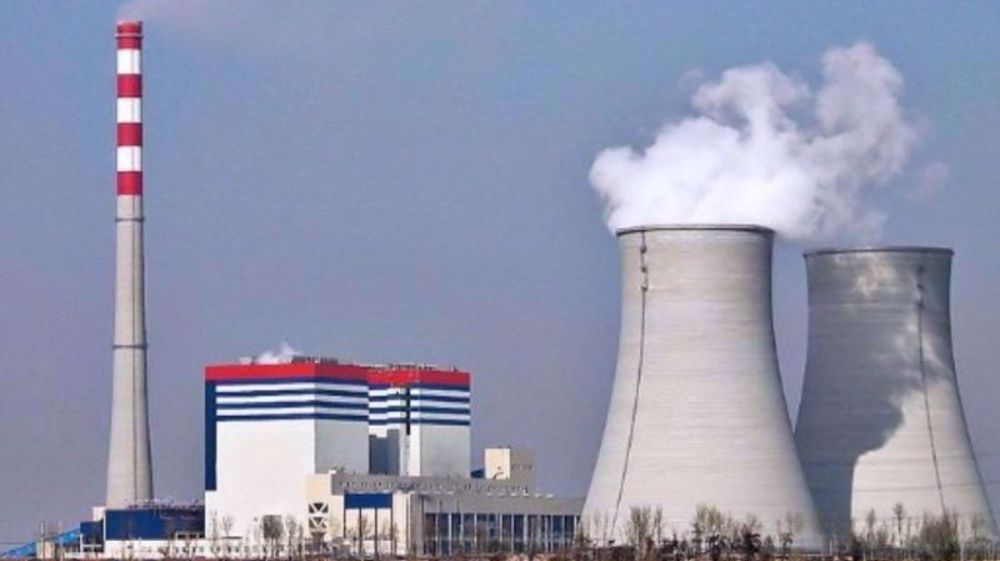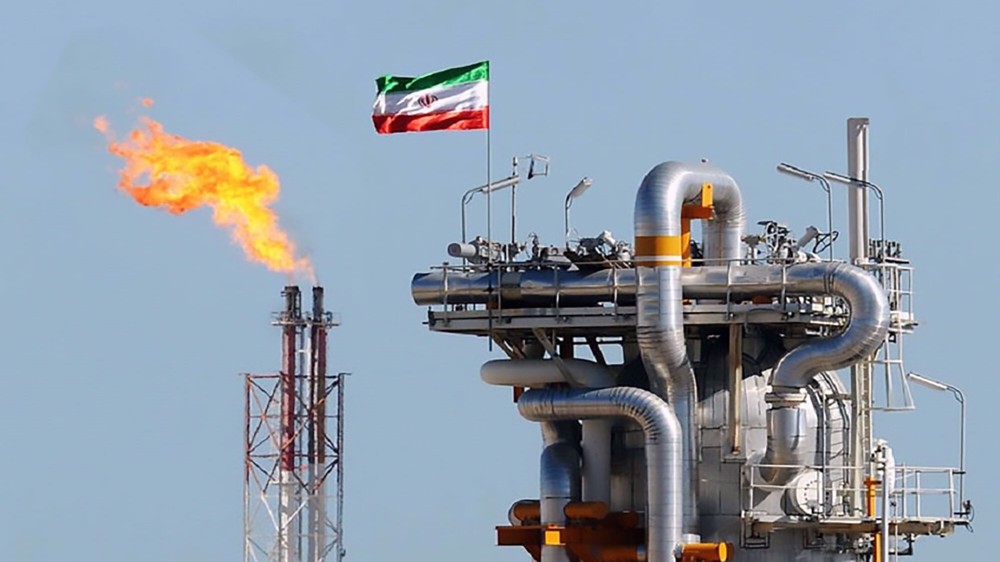Iran, Oman pick route for gas pipeline
Iran’s media said on Saturday that the route has been eventually picked to lay a subsea pipeline to export natural gas to Oman – a project which could materialize Tehran’s ambitions to sell liquefied natural gas (LNG) to overseas markets.
The route for the pipeline has been reportedly finalized jointly by experts from Iran and Oman in a recent meeting in Tehran.
The pipeline will run over a distance of about 175 kilometers and could plunge as deep as 290 meters from the sea surface before reaching Oman’s shores.
Fars News Agency has reported that Iranian Offshore Engineering and Construction Company (IOEC) will finish studies over the offshore section of the project by September 2016.
It also said a South Korean company has announced readiness to carry out the offshore pipeline work of the project and has even told Iran that it is ready to fund the whole operations.
In mid-March, the media in Seoul reported that Korea Gas Corporation (KOGAS) is looking into Iran-Oman gas pipeline project which experts say requires an investment of at least $1.5 billion.
Project owners and KOGAS could sign either a memorandum of understanding or a framework agreement in April or May, the media reported.
Iran and Oman have signed basic agreements based on which Iran will export a daily amount of 28 million cubic meters (mcm) of gas to Oman.
Almost a third of the gas will be used in spare liquefaction facilities of Oman’s Qalhat plant and the rest will be consumed in the Persian Gulf sultanate’s domestic market. Iran will accordingly use the LNG produced for exports to European and Asian markets.
The Qalhat plant has the capacity to liquefy 10.4 million tons per annum (mta) of LNG. Yet, only 7.9 million tons were exported in 2014 from it to international markets, as the priority was given to meeting domestic gas requirements.

Iran opens modern monitoring center for its power plants

Iran’s renewables to hit key output milestone in 3 years: Minister

Iran to raise its daily natural gas output by 250 mcm in 5 years
Multiple bus explosions rock Tel Aviv, instilling fear in settlers and bringing city to halt
Islamic Jihad chief: Victories in Palestine, Lebanon indebted to Iran
Spain remains 'major transit port' for arms shipments to Israel
VIDEO | Back in coffins: Four Israeli captives released in Gaza
Iran raps Grossi's 'political' remarks serving pretext to pressure Tehran
VIDEO | Promoting and preserving the Persian language: A crucial endeavor
President: Mexico won’t accept US ‘invasion’ in fight against cartels
Lebanese return to flattened homes after incomplete Israeli pullout







 This makes it easy to access the Press TV website
This makes it easy to access the Press TV website